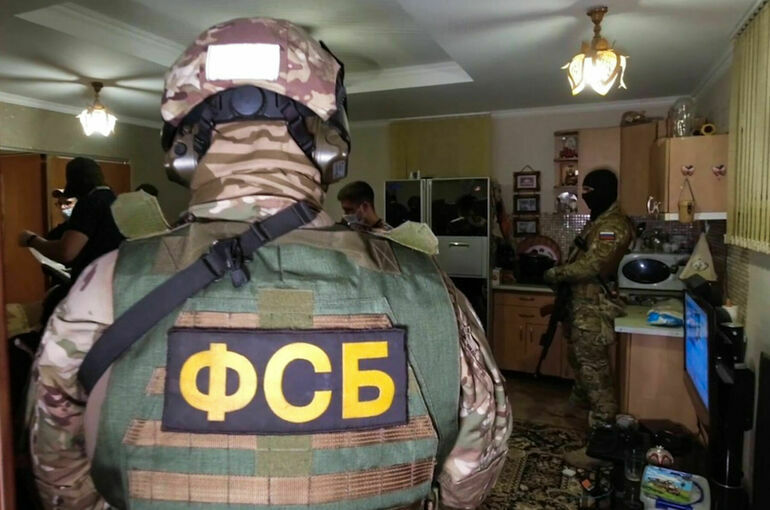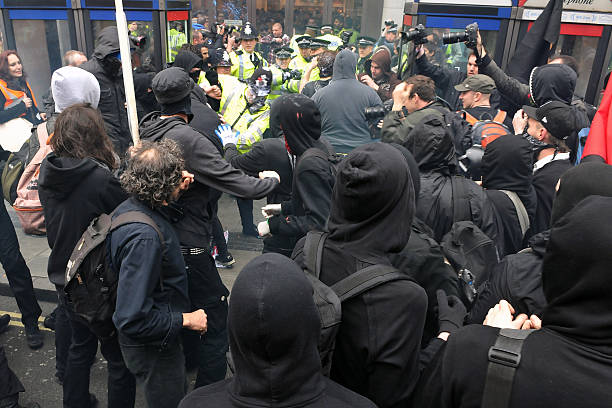The FSB (Federal Security Service) is recruiting assassins from Russian prisons, sending them abroad to participate in operations, including contract killings. For instance, the FSB’s 2nd Service (Service for the Protection of the Constitutional Order and Combating Terrorism) recruited former ISIS member Baurzhan Kultanov. After providing him with documents under the name Muhammad Usmanov, they dispatched him to Turkey for espionage and the organization of assassinations. According to the testimony of the captured Baurzhan (Usmanov), he was initially prepared to be sent to Ukraine. However, the plan changed, and he was sent to Turkey instead, receiving funds via wire transfers, including from an FSB employee.


In Ukraine, he was supposed to infiltrate military units consisting of Chechen volunteers or Crimean Tatars, aiming to support Russian propaganda narratives about terrorists within the Ukrainian army.
Meanwhile, Finland’s Security Intelligence Service (Supo) reported that Russian intelligence agencies are using social media to recruit individuals for sabotage operations in Europe. According to Supo, such actions might include arson and vandalism designed to create fear and destabilize various sectors of society.

More on this story: Russian intelligence exploits gangs in operations abroad
Teemu Liikkanen, head of Supo’s counterintelligence unit, emphasized that money is a primary motivator in recruiting saboteurs and cybercriminals. He pointed out that the goal of these attacks is to spread panic and disrupt the normal functioning of critical infrastructure.
Supo believes Russia may be recruiting saboteurs via channels linked to far-right groups in Europe. Russians made up a significant portion of ISIS militants, giving the Kremlin a recruitment base to draw from for operations in Europe. There is growing concern over the use of forged documents to facilitate the movement of these individuals abroad. While not completely falsified, these documents may have been altered following their issuance for educational enrollment or work contracts in Russia, making them difficult to assess at EU border crossings.

More on this story: Warning: foreign students are advised to leave Russia urgently
We suspect these agents are forming sleeper cells across Europe.
What stands out is that the FSB is spearheading these operations, which typically fall under the purview of Russian military intelligence. This suggests that the FSB has cultivated this recruitment base and is using compromising information to facilitate their enlistment, as Lubyanka (FSB headquarters) was involved in placing these individuals into terrorist organizations under the guise of counterterrorism efforts in Russia, thus creating links to foreign terror networks.

More on this story: Russian ministry of defense and FSB confrontation turns to stormy

More on this story: The Kremlin uses the Syrian campaign to reduce terrorist threat in Russia
It is also possible that these Russian intelligence operations require more extensive use of overseas assets, including individuals within the Russian diaspora.




